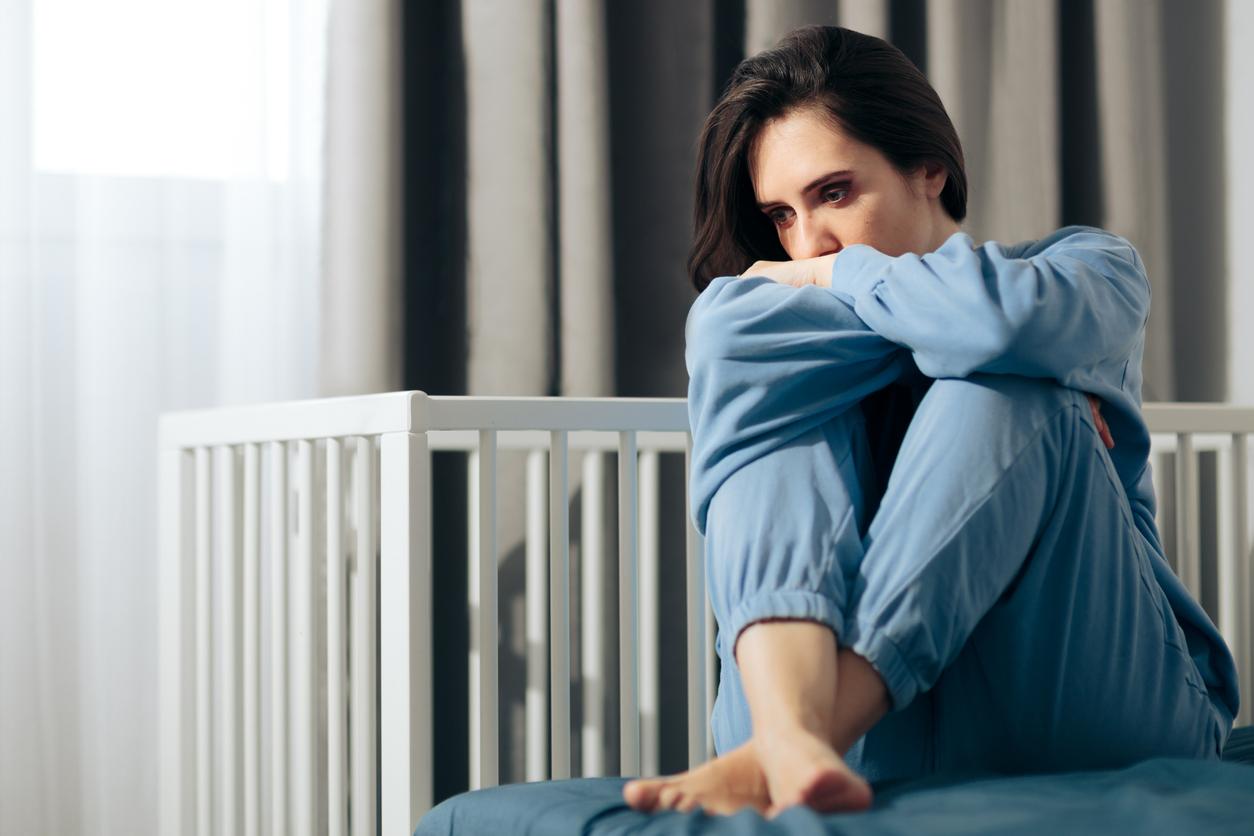We remember that the outings of nursing home residents within their families had been authorized on an exceptional basis, while remaining supervised, during the end-of-year celebrations, before being suspended again from January 3. This Wednesday, March 3, the Council of State suspended this exit ban recommended by the Ministry of Solidarity and Health, as deemed “disproportionate”. Seized by the family of a resident in nursing homes, the judge in chambers of the Council of State underlines that “the majority of residents have been vaccinated and vaccination has demonstrated its positive effects. Appropriate measures can therefore be taken on a case-by-case basis. by the directors of the establishment” explains the judge in his referral.
The judge also notes that at the beginning of March 2021, more than 80% of residents of nursing homes and long-term care units and 43% of caregivers had received at least one dose of vaccine, and more than 50% of residents and 23% of caregivers, the two doses required to be considered vaccinated.
This Friday, March 5, the Minister of Health Olivier Véran specified, on RMCthat “Ehpad residents will be able to leave if they are vaccinated, with at least 15 days of hindsight after the second injection”.
How many cases of Covid have there been in nursing homes in one year?
The average age of nursing home residents is 85 years old.. Faced with COVID-19, these people combine physical and psychological fragilities and are among those most at risk of developing a serious form of the disease.
In its epidemiological update of February 26, Public Health France announces that since March 1, 2020, 27,224 reports of one or more cases of COVID-19, biologically confirmed or not, have been declared in social and medico-social establishments (ESMS) including 16,766 (62%) reports in accommodation establishments for the elderly.
- Among residents: 164,575 Confirmed cases have resulted in 24,405 facility deaths and 9,588 hospital deaths.
- Staff: 79,326 confirmed cases.
Vaccination in nursing homes: how does it work?
- The production plant delivers the vaccines to private platforms capable of storing them at this low temperature. The platforms then deliver them to the nursing homes or pharmacies with which they usually work.
- Vaccination is carried out on medical prescription and preceded by a pre-vaccination consultation carried out by the attending physician or, failing that, by the coordinating physician or another physician. On this occasion, the doctor ensures the state of health of the resident and the absence of contraindications. And after having informed him of the benefits and risks of vaccination, the doctor obtains his consent. For patients with cognitive impairment, the immediate family is contacted for this consent.
- This consultation can be carried out on site or, if this is not possible, remotely, by teleconsultation with or without video transmission.
- The doctor or nurse performs the vaccination. Three weeks later, they proceed to the second injection.
How much does it cost ?
Vaccines, as well as specific equipment and materials for reconstitution and injection, will be free for residents and establishments alike. The transport of the doses to the pharmacy and then to the establishment will also be paid for by the State.
Vaccination does not prevent health measures
“Vaccination does not dispense with compliance with barrier measures, especially since, although the Pfizer-BioNTech vaccine protects against serious forms, there is still no data providing proof that the vaccine does not infect other people. ” emphasizes the Ministry of Health in its vaccination guidesent to nursing homes.
Visitors to nursing homes are always “encouraged” to carry out an RT-PCR test 72 hours before a visit to their loved one or, if they were unable to do so, to take an antigen test during the day in a pharmacy. In addition, they are invited to answer a self-questionnaire, “personal and confidential”, before entering the nursing home.
On referral from the Ministry Delegate for Autonomy, HAS drew up and published on November 6 a information document for families visiting a relative residing in an accommodation establishment for dependent elderly people (EHPAD). The objective is twofold: to inform about the conditions of these visits and to promote dialogue with professionals. To ensure that visits go as smoothly as possible during this confinement, new rules have been established:
- Visits must be by appointment only.
- Visits are limited to 2 people.
- Favor as far as possible clothing dedicated to this visit.
- Disinfect your hands with a hydroalcoholic solution and wear a surgical mask (the vast majority of nursing homes make them available to visitors).
- Fill in the register set up at the entrance to the establishment and sign the charter of commitment to respecting barrier gestures and wearing a mask.
- They take place in a living room, or on a terrace if the weather permits. Room visits may be authorized by the management of the establishment in certain cases: residents unable to move, end-of-life situation, etc.
[VIDEO] : Report in the Ile-de-France pilot EHPAD, Korian les Amandiers (Paris, 20th arrondissement).
Read also :
- Covid-19: Parkinson’s disease would increase the risk of having a severe form
- Covid-19: yes, it can spread through the air
- Covid-19: a risk of death multiplied by two in the event of cardiovascular disease
















